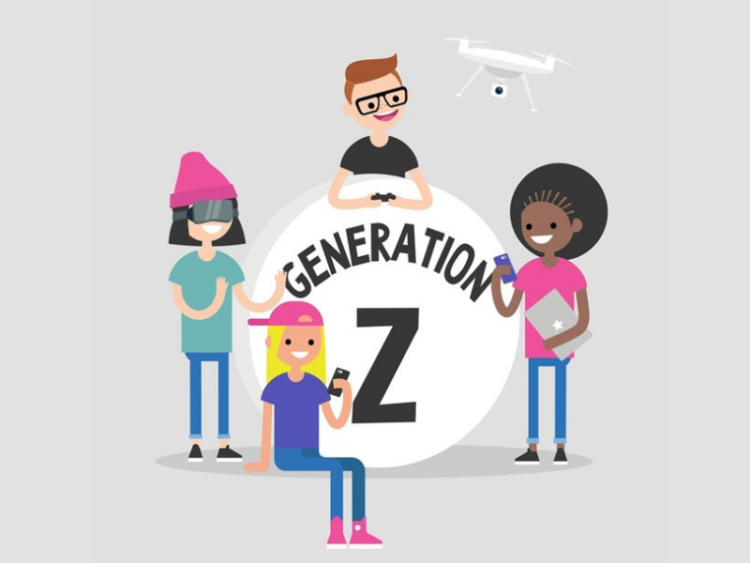
The future of work rests on the shoulders of Generation Z, soon to be the most populous and diverse generation in history. Gen Z’s entrance into the workforce is shifting old social contracts between employers and employees with distinct expectations about workplace environment, culture, and support. Innovative companies are recognizing this impact and developing tactics to address the mental wellbeing of Gen Z.
By 2025, Gen Z will make up 27% of the workforce in OECD countries and one-third of the Earth’s population. Gen Z, defined as born in the late 90s to early 2010s, are entering the workforce during a time of rising inflation, student debt, housing crises and a looming recession. Not to mention, traumatic events like war, civil unrest, and rising gun violence. Gen Z has been dealt a difficult hand, and it’s defining how they engage in work.
Amidst geopolitical and economic instability, Gen Z employees face immense challenges to their mental health and well-being. Studies suggest Gen Z workers are disproportionately affected by high levels of stress and anxiety. Nearly half (46%) say they are stressed or anxious all or most of the time, with women more severely impacted than men.
This emerging generation has higher expectations for the workplace than ever before. They prioritize flexible working arrangements, shared values, higher pay, and increased support for mental health. Gen Zers not only know what they want; they are more likely to seek out new opportunities to get it. A Bank of America report found that 25% of Gen Z workers have switched jobs in the last six months – and more are on the move every day.
So, how can companies engage with their youngest workers and exceed their expectations?
Companies that want to attract, retain, and engage young workers must reach across generations to prioritize human connection and meet Gen Z where they are at. As Gen Z workers continue to create ripples across the old ways of working, employers must continue to improve their work flexibility, mental health, diversity, and career growth opportunities so to meet the interests of these empowered and talented young workers.
Employers must welcome Gen Z to the workforce and build the initiatives needed to support the future of work. Making neurodiversity a 4th pillar of your DEI initiatives alongside gender, racial, and sexual preference sends a strong single of empathy and commitment to the Gen Z workforce in your organization.